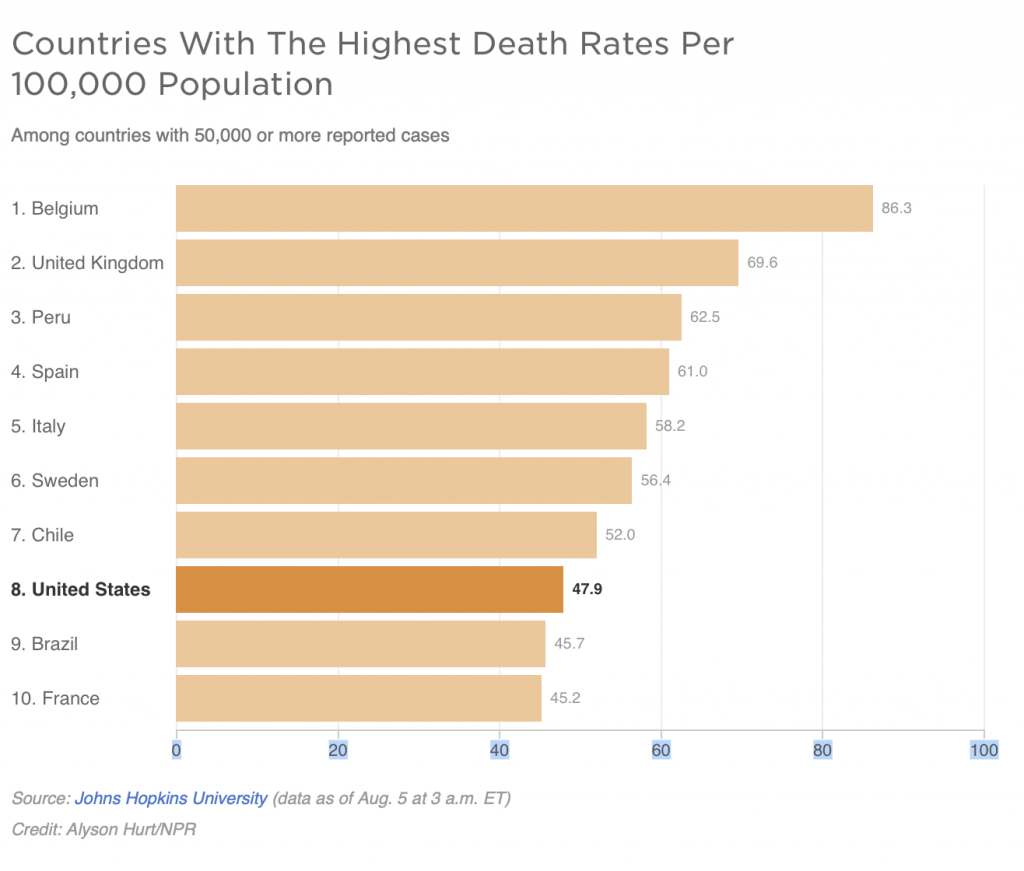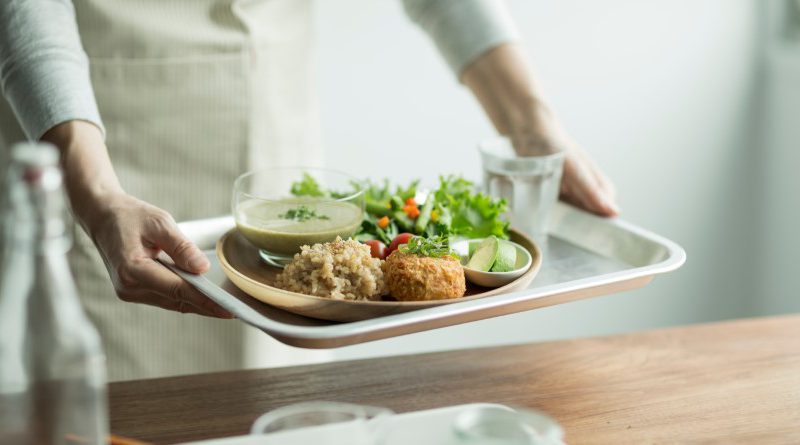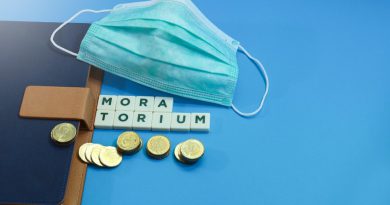Diet—The Missing Link
Reducing the Risk of Covid-19
By Alex Jack

Eight years ago, in 2012, six miners in Yunnan, an agricultural province in southwest China, came down with a pneumonia-like illness after finishing a job removing bat feces from the Mojiang mine. After experiencing fever, dry cough, and other respiratory symptoms, three died. Scientists now believe that it was the first cases of Covid-19 that broke out last winter in Wuhan and spread around the world.
A report this summer on the mining incident by Li Xu, a Chinese doctor, “led us to reconsider everything we thought we knew about the origins of the Covid-19 pandemic,” observed virologist Jonathan Latham and molecular biologist Allison Wilson of the Bioscience Resource Project.
The episode supports the thesis presented in “Anatomy of a Pandemic” in Amberwaves (Summer 2020) that the coronavirus originated from the disruption of traditional natural farming practices in Yunnan. In recent decades, monoculture has replaced polyculture, and intensified use of highly toxic insecticides in the province appears to have generated novel microbes that come into contact with insect-eating horseshoe bats and pangolins (small anteaters), the two main carriers and incubators of Covid-19. From there, the infected animals found their way into a research lab in Wuhan or a wet market for exotic animals and contaminated humans.
Covid-19 and the Modern Diet

Now well into its sixth month, the pandemic is beginning to yield insights into its vectors of transmission and susceptibility. According to Johns Hopkins University, the principal research center for data on the coronavirus, the countries with the highest death rates per 100,000 population are Belgium, UK, Peru, Spain, Italy, Sweden, Chile, U.S., Brazil, and France (see Chart 1).
Unsurprisingly, most of these countries have headlined the news about the pandemic over the year. Italy was the first Western country with an alarming outbreak, followed by Spain, the U.K., and France. The U.S., of course, has been the hardest hit now for many months. In South America, Peru, Chile, and especially Brazil have been at the top of the news for major outbreaks or heedless governmental policies. Sweden also took a lax approach and now has one of the highest rates in Europe.
But what’s with Belgium? We haven’t heard a lot about this small country, the seat of the European Union. Why does it top the charts? It turns out Belgium has one of the highest rates of per capita meat consumption in the world. The other top ten countries are not far behind. In Chart 2, note that the stats for Belgium are similar to those for Luxembourg, its sister state, which tops the list.
As has been widely reported, 88% of all deaths from Covid in the United States have been with patients who have preexisting conditions, including heart disease, cancer, and diabetes. The common factor once again is that all of these chronic disorders are largely diet-based. Obesity is commonly an underlying factor and also flourishes in countries where obesity rates are highest.
To prevent and relieve Covid-19 and other new viral epidemics, it is imperative that governments, medical associations, community associations, schools, and churches promote a balanced whole foods, plant-based diet that protects against chronic disease as well as strengthens natural immunity. (See new CDC and WHO dietary guidelines on p. 15.)
Recent Medical Studies
A few studies this summer have identified foods that can help protect against Covid-19:
Seaweed
In a test of antiviral effectiveness, extract from edible seaweeds substantially outperformed remdesivir, the standard antiviral used to combat the disease. The seaweed extract was about nine times more effective than the drug. The research was published in Cell Discovery on July 24, 2020.
![]() Fermented Vegetables
Fermented Vegetables
In another study, German researchers reported that deaths from Covid-19 are lower in countries where diets are rich in fermented vegetables. The scientists theorized that sauerkraut and other fermented vegetables and pickles, as well as fermented fruit and other products, caused significant changes in the microbiome that reduced the spread and severity of the disease.
Natto

In the Netherlands, scientists reported that severe Covid patients tended to show a deficiency in Vitamin K. Blood-clotting is a serious coronavirus symptom, and Vitamin K produces proteins that regulate clotting. The nutrient is found naturally in aged cheeses, broccoli, spinach, and all types of vegetables and fruits. Dr. Rob Janssen, one of the Dutch scientists, noted that natto, a fermented soy product, is high in Vitamin K and people in natto-producing areas in Japan reportedly have ow incidence of Covid. He called for studies on natto’s impact on the virus.
Rhubarb
In China, Dr. Fang Bangjiang, director of the ER in Longhua Hospital in Wuhan reported that raw rhubarb is effective in treating Covid-19 symptoms, especially for patients in critical condition. Rhubarb also promotes blood circulation and prevents clotting problems and blocks “cytokine storms.”

Coincidentally, I have been writing a chapter on the Black Death for a forthcoming volume of Spiral of History. I discovered that the bubonic plague, the deadliest in world history, began in the 13th century in a region of west China (adjacent to Yunnan) where the Mongols attacked China during the Song dynasty. (Later the pestilence moved along the Silk Road to the West.) During the campaign, a Mongol regiment of ten thousand warriors was devastated by the plague and another regiment of the same size remained plague-free. According to a contemporary Chinese medical account, the only difference in rations was that the latter included rhubarb and the plague-stricken regiment did not.
In China, rhubarb stalks, taken primarily raw and unsweetened, have successfully been used to prevent and recover from pestilences, ranging from the Black Death to the 1918 influenza pandemic and now Covid. Rhubarb leaves and roots are toxic to humans and must be strictly avoided.
Nutritional Education a Priority
As the pandemic continues, society should be focusing on simple, safe ways to boost natural immunity. In the race to come up with an effective vaccine or antidote to Covid-19, funding dietary research and promoting and promoting nutritional education in the dining room, classroom, and boardroom should be a top priority. ¨
References
- “In cell studies, seaweed extract outperforms remdesivir in blocking COVID-19 virus,” www.ScienceDaily, July 24, 2020.
- Susana Fonesca et al., Association between consumption of fermented vegetables and COVID-19 mortality at a country level in Europe. https:doi.org/10.1101, July 6, 2020.
- “COVID-19 Frontline: How to treat COVID-19 with TCM?“ https://news.cgtn.com/news, May 23, 2020.
- “Vitamin K found in some cheeses could help fight Covid-19, study suggests,” www.theguardian, August 20, 2020.






